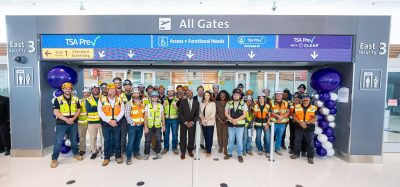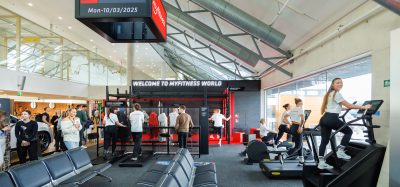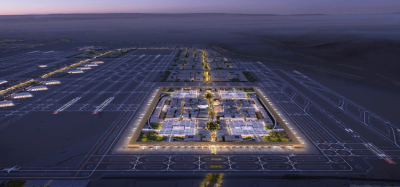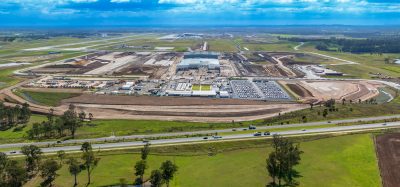Improving aviation competitiveness in Poland will foster prosperity
Posted: 17 September 2019 | International Airport Review | No comments yet
Polish aviation industry could thrive by modernising the aviation policy and developing a national plan for sustainability, according to new study from IATA.


IATA have released a study showing that a more competitive air transport sector in Poland could generate an additional €3 billion in GDP to the nation’s economy and more than 8,000 jobs by 2037.
An IATA study, Poland Air Transport Regulatory Competitiveness Indicators, recommends that to maximise the economic and social benefits created by a successful air transport industry, Poland should:
- Implement the National Airspace Strategy in consultation with users to improve airspace capacity and efficiency
- Modernise Polish aviation policy by embracing smarter regulations that foster a more efficient consultation process with industry stakeholders
- Develop a national plan for air transport to prioritise sustainable development of air connectivity and expand intramodality.
Air transport’s contribution to the Polish economy is already significant. The industry supports 137,000 jobs and contributes €4 billion to the economy, accounting for roughly one per cent of Poland’s GDP. If the government adopts an agenda for competitiveness, 8,000 more jobs and €3 billion in additional GDP will be generated by 2037. In contrast, 40,000 jobs could be lost if Polish air transport competitiveness is not improved.
Also high on the aviation agenda is the environment. The industry is committed to reducing carbon emissions to half of 2005 levels by 2050. An interim target is for carbon-neutral growth from 2020, delivered with the help of CORSIA. Progress has already been made: Since 1990, CO2 emissions per passenger have been halved. Meeting the 2050 goal requires significant investment in new technology and sustainable aviation fuels. If the Polish government encourages these initiatives, it would not only demonstrate climate leadership but also create new economic opportunities.
Rafael Schvartzman, IATA‘s Regional Vice President for Europe, said: “A strong agenda for aviation competitiveness will foster air transport’s already significant economic and social benefits in Poland. By embracing a National Airspace Strategy, smarter regulations and a national plan for air transport, Poland could generate wealth and additional jobs from air transport. If this is carried out in tandem with political support for sustainable aviation fuels and hybrid-electric technology, reductions in carbon emissions will be accelerated.”
Are you ready to meet the expectations of Gen Z travellers? Join our virtual panel to discover how airports can engage the next generation of passengers.
16 Oct 2025 | 14:00 PM BST | FREE Virtual Panel Discussion
Join us for this interactive session where industry leaders will explore how airports are adapting to the needs and values of Gen Z, the first truly digital-native, socially conscious, and tech-savvy generation.
What You’ll Learn:
- What drives Gen Z travel decisions, and how to respond
- How to harness digital tools, social media, and mobile-first strategies
- How sustainability, inclusivity, and personalised experiences shape Gen Z’s airport expectations
- Real-world examples from leading airports that are successfully engaging younger travellers
Don’t miss your chance to learn from the airports leading this change – Register Now – It’s Free!
Related topics
Aeronautical revenue, Capacity, Passenger experience and seamless travel, Sustainability


















